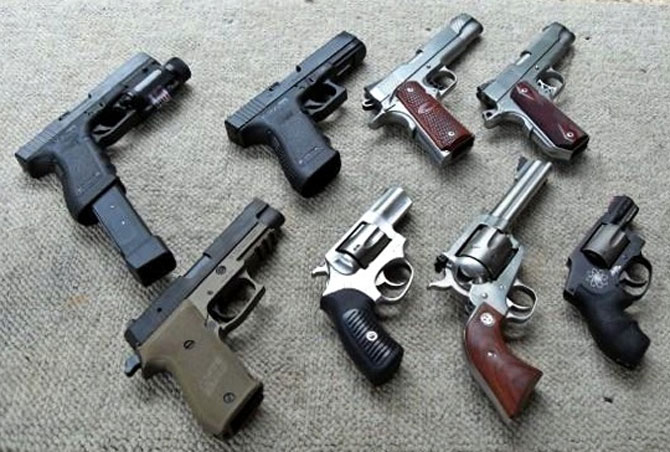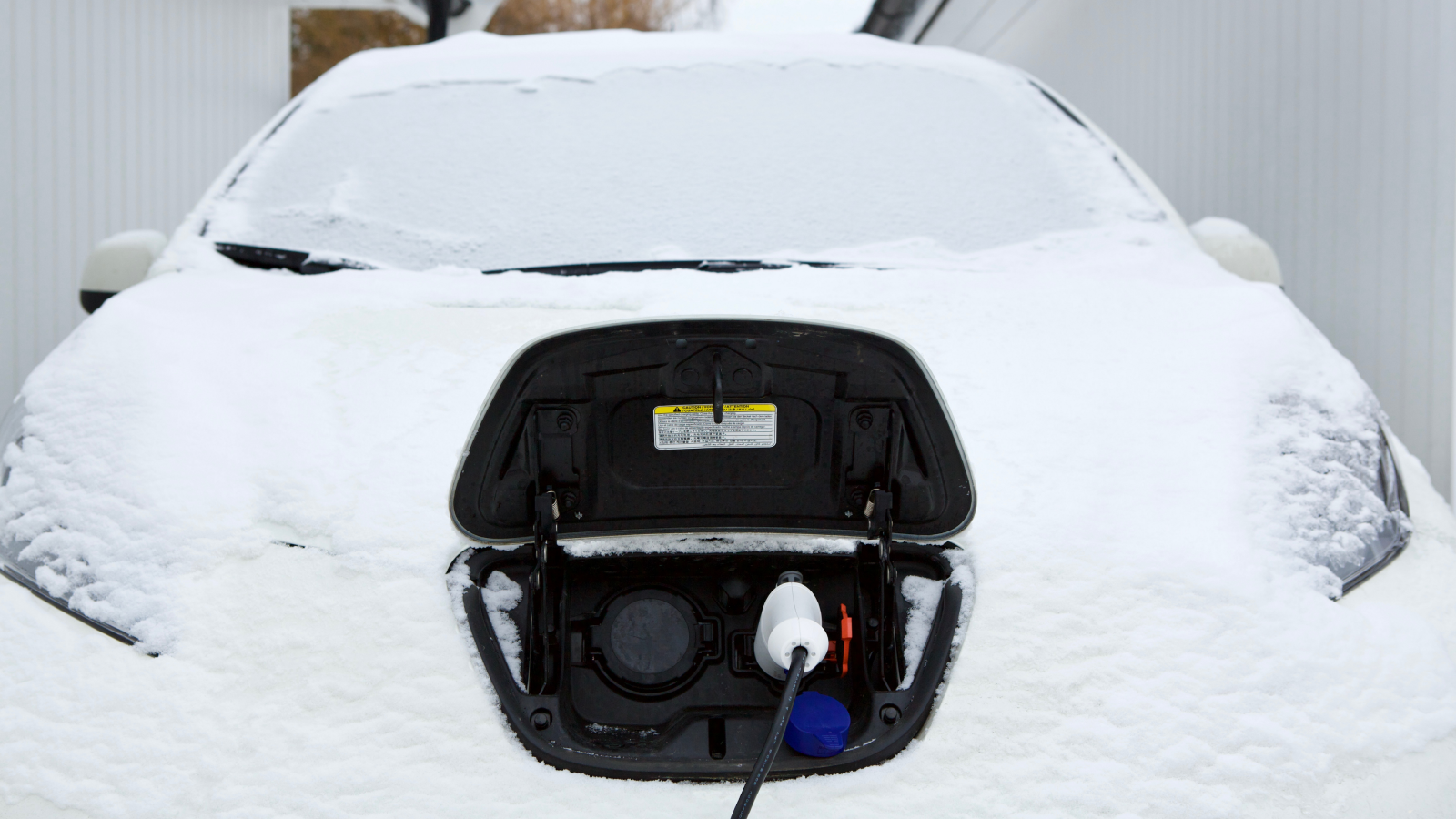States With More Guns Have More Homicides

A new study found that states with higher rates of firearms in the home have disproportionately big numbers of gun-related homicides. The findings suggest that measures to make guns less available could cut the rate of killings, the researchers say.
Gun violence is back in the spotlight again after yet another mass shooting left 13 dead at the Washington Navy Yard. But last year's massacre at an elementary school in Newtown, Conn., in which 20 young children and seven adults died, sparked perhaps the most intense debate in recent memory about whether stricter gun laws could do anything to prevent gun violence. In the aftermath of that killing, the National Rifle Association called for arming guards and teachers in schools across the country and has argued that more guns does not lead to more gun violence.
To investigate that claim, researchers from Boston University looked at the relationship between gun ownership and gun homicides from 1981-2010 in all 50 states. They found a "robust correlation" between the two factors.
"In the wake of the tragic shooting in Newtown, Connecticut, last year, many states are considering legislation to control firearm-related deaths," study researcher Michael Siegel, a Boston University professor of community health sciences, said in a statement. "This research is the strongest to date to document that states with higher levels of gun ownership have disproportionately large numbers of deaths from firearm-related homicides."
The study, Siegel added, "suggests that measures which succeed in decreasing the overall prevalence of guns will lower firearm homicide rates."
The team took state-level homicide rates from a database from the Center for Disease Control and Prevention. Since there is no survey at the state level that measures gun ownership, the researchers estimated these numbers by looking at a commonly used proxy: the number of suicides by firearms. Researchers use this statistic because the ratio of gun suicides to all suicides has been shown to correlate strongly with surveys that measure gun ownership.
The estimated average of household gun ownership over the thirty-year period ranged from a low of 25.8 percent in Hawaii to a high of 76.8 percent in Mississippi. The average for all the states was 57.7 percent, the study found.
Sign up for the Live Science daily newsletter now
Get the world’s most fascinating discoveries delivered straight to your inbox.
In their analysis, the team also controlled for a range of factors that could affect the homicide rate, including poverty, unemployment, violent crime, incarceration, gender and race. The researchers found that for every 1 percent increase in gun ownership, a state’s firearm homicide rate jumped by 0.9 percent, the study found.
In other words, the model predicts a state like Mississippi would have 17-percent lower homicide rate if its gun ownership sunk to the national average.
This type of study can't prove causation, and the researchers noted that it is theoretically possible that people who live in states with higher levels of firearm homicide are more likely to purchase guns. But the study also found that a state's percentage of gun ownership, when lagged by a year or two, was still a significant predictor of firearm homicide rates.
The findings were published in the American Journal of Public Health.
Follow Megan Gannon on Twitter and Google+. Follow us @livescience, Facebook & Google+. Original article on LiveScience.

Why is yawning contagious?
Scientific consensus shows race is a human invention, not biological reality









